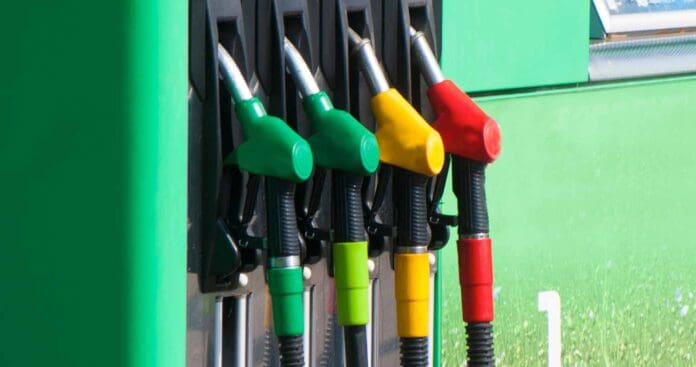Croatia has officially ended its long-standing fuel price subsidies, marking a major shift in government policy since the start of the energy crisis. As global oil markets stabilise, fuel prices in Croatia will now be determined by market forces. This decision affects petrol, diesel, and blue diesel, with potential knock-on effects for transport costs, household budgets, and regional fuel tourism.
Main News in Croatia: Government ends fuel price subsidies
The main news in Croatia these days is the decision by the Croatian Government to stop subsidising fuel prices. Namely, since the beginning of the energy crisis — that is, since the Russian aggression against Ukraine, when energy prices exploded — the Government had kept those prices under control.
Government measures kept fuel prices artificially low
Thus, the prices were significantly lower than they would have been if market-based pricing had been allowed. Every two weeks, depending on developments in global markets, the Government announced fuel prices, and all petrol stations in the country were obliged to adhere to them.
These Government decisions applied to basic petrol and diesel, while the prices of higher-quality fuels — premium products — could even then be freely formed. Anyone wishing to use better fuel, with lower sulphur content, had to pay the market price for it.
Subsidies for agricultural and household fuel also removed
In addition, the Government also subsidised the price of blue diesel — the type used by farmers and fishermen — as well as the prices of household gas cylinders. That is now over. Prices will now depend on the movement of crude oil prices on the global stock exchanges.
Government optimistic, public remains skeptical
Of course, the Government has stated that they do not expect a significant increase in prices because the global fuel market has stabilised. Citizens remain sceptical, as higher fuel prices mean higher transport costs, followed by higher delivery costs, and ultimately, increased prices for goods in shops as well as services.
Large fuel companies welcome the change
Major petrol companies operating in Croatia have welcomed the abolition of this measure. Until now, they had complained that the main burden of the price cuts fell on them, which meant they did not achieve the profits they had planned. Small petrol station owners had said they were operating on the edge of profitability — often even in the red.

Motorway prices expected to rise first
Now, the first expected price increases will be on motorways, compared to urban petrol stations. Until now, the price had been the same everywhere, which was almost unheard of elsewhere in Europe. The Employers’ Association responded by stating that over the past three years, Croatia had effectively been subsidising fuel prices for tourists, making it cheaper than in their home countries.
Cross-Border fuel purchases were common
They say it’s good that this will no longer be the case. Many people from border areas of neighbouring countries used to come to Croatia to fill up their tanks and return home. It was worth it for them. The Croatian Prime Minister, Andrej Plenković, also commented on the matter.
Plenković explains the government’s decision
“We have been regulating fuel prices since the beginning of the energy crisis. The reason why citizens did not feel the full impact of the energy crisis was due to Government measures that acted as a safety net for everyone. This included fuel, tax relief, and price caps on products,” he said.
“We are now in a situation where the global market has stabilised, and we are no longer intervening. There will be no significant price increases, and we will gradually phase out these measures that made life easier for citizens,” Plenković explained the decision and emphasised that fuel prices will still remain among the lowest in Europe.
Electricity and gas prices remain under control — for now
However, while fuel will now be sold at market prices, electricity and gas prices will continue to be controlled by the Government. In other words, they will remain subsidised — lower than they would be if sold at market rates. And that will certainly continue for some time. But not for long.

